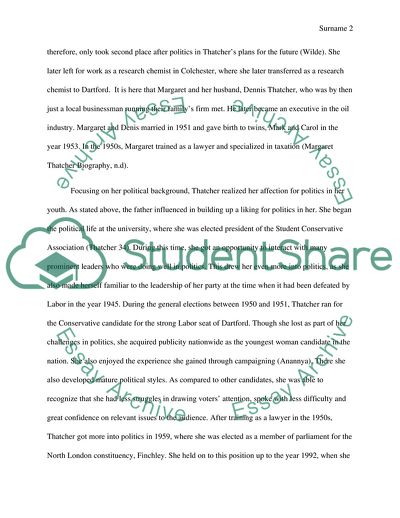Cite this document
(Margaret Thatchers Biography Essay Example | Topics and Well Written Essays - 1750 words, n.d.)
Margaret Thatchers Biography Essay Example | Topics and Well Written Essays - 1750 words. https://studentshare.org/biographies/1870312-margaret-thatcher
Margaret Thatchers Biography Essay Example | Topics and Well Written Essays - 1750 words. https://studentshare.org/biographies/1870312-margaret-thatcher
(Margaret Thatchers Biography Essay Example | Topics and Well Written Essays - 1750 Words)
Margaret Thatchers Biography Essay Example | Topics and Well Written Essays - 1750 Words. https://studentshare.org/biographies/1870312-margaret-thatcher.
Margaret Thatchers Biography Essay Example | Topics and Well Written Essays - 1750 Words. https://studentshare.org/biographies/1870312-margaret-thatcher.
“Margaret Thatchers Biography Essay Example | Topics and Well Written Essays - 1750 Words”. https://studentshare.org/biographies/1870312-margaret-thatcher.


